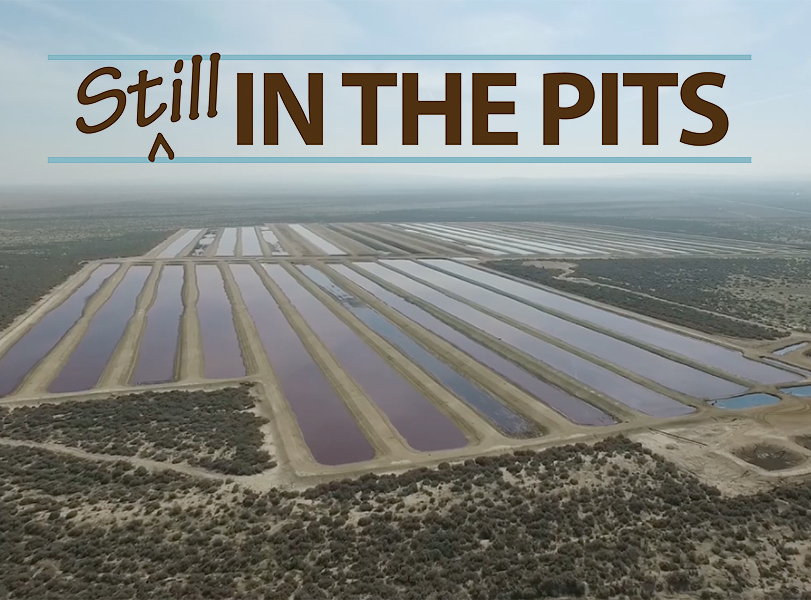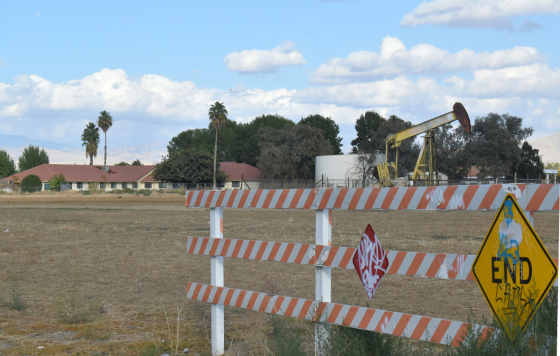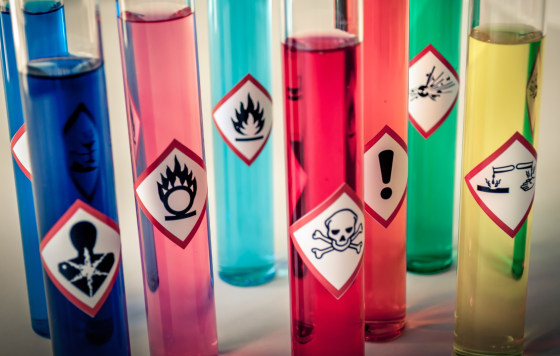
Kern County is the "belly of the beast" for the California's oil and gas industry, where almost 80 percent of the state's oil is produced. It’s where the vast majority of the environmental and health fallout is.
Last week, the Central Valley Regional Water Quality Control Board held a public workshop to focus on one aspect of that fallout: open and unlined pits used for decades to cheaply dump oil and gas production wastewater, which threatens groundwater, soil, air, and public health.
Two days before the workshop, the San Francisco Chronicle ran a front-page story about our new “Still In The Pits” report. The day of the workshop, the Chronicle printed an op-ed on the issue by Andrew Grinberg, the report's author. Our report found that there are hundreds of unpermitted pits in California full of toxic wastewater, and that regulators have failed to protect drinking and irrigation water sources from the danger, even when there is clear evidence of harm.
On one hand, the Water Board finally addressing this issue is good. For decades, unlined pits have been an option for oil companies to quickly dispose of their massive waste stream, with little threat of regulators meddling in their operations.
When we began our advocacy on this issue by bringing Water Board members and staff to a set of unlined pits in 2014, we beamed a light on a dirty practice that has compelled action. Now regulators no longer can ignore their responsibility.
On the other hand, rather than closing the pits until the problems are fixed, regulators are allowing continued dumping, while figuring out what to do. That's backwards, but it's not surprising, because the oil and gas industry has not been adequately regulated for more than a century.
The workshop's main purpose was to discuss "general orders," which are currently being drafted, and to solicit public input. At the time of the meeting, however, only cursory draft outlines of the orders were available, meaning it's unclear y how the Water Board plans on overseeing pits. In the meantime, dumping continues.
About 100 people attended, almost all represented the oil and gas industry. Although it was called a "workshop," it was a hearing format, speakers got three minutes to say their piece. Interestingly, all the speakers from the oil and gas industry were from "mom and pop" producers and their associations. Their theme was "we're just trying to make an honest living and shouldn't be driven out of business with onerous regulations". Representatives of the big companies—Chevron and the like—were in the room, but kept their heads down.
I spoke of the evidence of toxic plumes of wastewater heading towards groundwater and advocating that the pits be closed.
I also said other states such as Colorado, Pennsylvania, and even Texas—which is hardly known for its sympathy to environmental protection over oil industry interests—have already prohibited open pit disposal, and that we should be as protective.
The Water Board intends to release full versions of the general orders by the end of June and have a 30-day public comment period, before making a final decision.
Take action. You can add your voice here to the hundreds of Clean Water Action members who have contacted the Board to urge them to prohibit open pit disposal.
You can read more about the report, and the problems associated with open pits, in this post by my colleague Andrew Grinberg.


